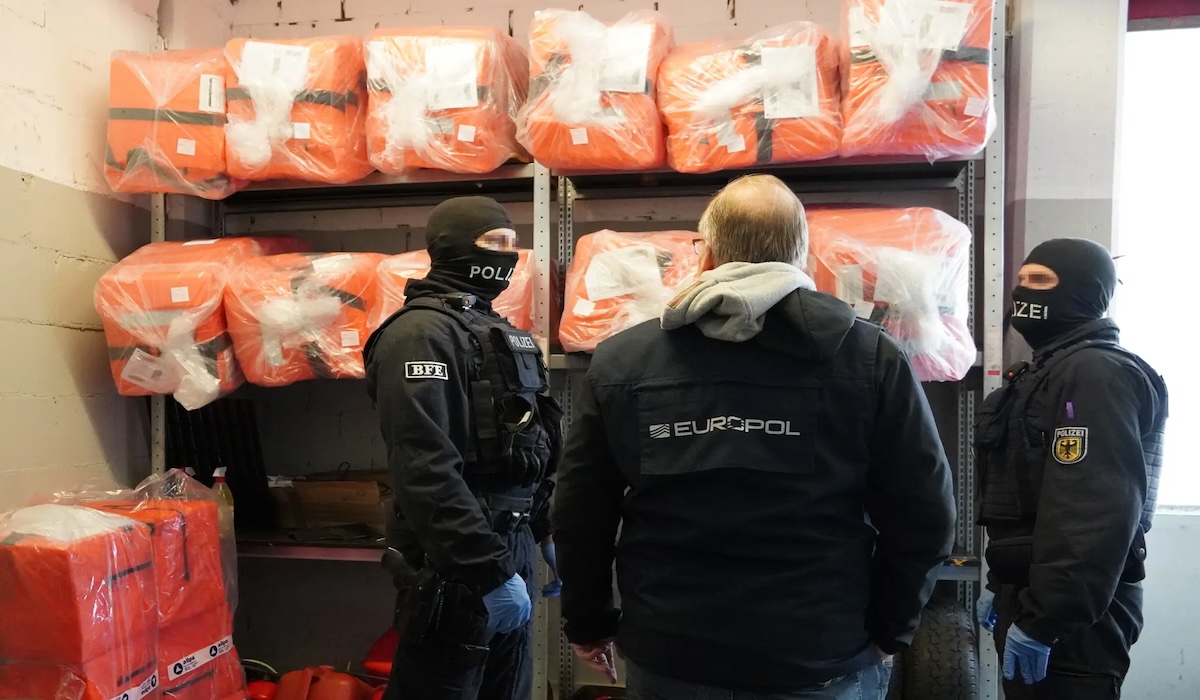Image Credit to Europol
Last week, Europol, the European Union’s law enforcement agency, completed an operation that arrested 19 people. This ring, “made up of Iraqi and Syrian nationals of Kurdish origin,” “organised the purchase, storage and transportation of inflatable boats for their subsequent use to smuggle migrants from the beaches near the French city of Calais towards the UK.” This investigation follows a surge in illegal migrant smuggling in Europe overall. Europol set up Operational Task Force Wave (OTF) after July 2022, when the agency successfully disbanded a migrant smuggling network. Germany, France, and Belgium participated in this operation.
Migrant smuggling is not a new issue facing Europe. In the last decade, Europe has received an influx of migrants. Combined with the Syrian civil war, as well as the war in Ukraine, the number of refugees entering Europe has also risen in the last couple of years. In 2022, over 950,000 applied for asylum. When granted asylum in Germany, for example, people receive housing, food, and shelter provided by the government. With the benefits a host country’s government offers and the need to escape for a better life, it’s no surprise that there is currently a backlog of asylum applications.
Although irregular border crossings (how the EU refers to illegal immigration) made up 9% of migrants in 2022, to say there is no crisis is ignoring the situation. In 2023, there were over 180,000 cases of migrants arriving illegally via water. Europol’s statement reads, “…law enforcement authorities detected almost 61,000 (compared to about 79,000 in 2022) irregular migrants attempting to cross the English Channel in small boats.”
While migrating on land poses its risks, the sea crossings are known to be notorious. According to a report from the United Nations High Commissioner for Refugees (UNHCR), “…Despite the lower numbers of crossings, the death toll has seen a steep rise.” The boats, which are overcrowded and not meant for large crowds, capsize due to the amount of people on board. Either people drown, or the elements get to them.
For many, taking on this risk is the only option of escape. And desperate times call for desperate measures. This begs the question: Are the people conducting these migrant smuggling activities with altruistic intentions? According to the Europol report, the smuggler charged between 1000 and 3000€ for a spot on the boat. The boats are low quality, putting passengers at a safety risk. As such, those who smuggle migrants across the sea benefit financially from their actions.
What are the next steps, then? Should the EU first care for the thousands waiting to be granted asylum? Or should the EU invest in stronger maritime border security? The bottom line is people’s lives are at risk. While taking out this specific smuggling group is a temporary solution, it is not permanent, and until a better solution is found, there will still be bodies in the water.









